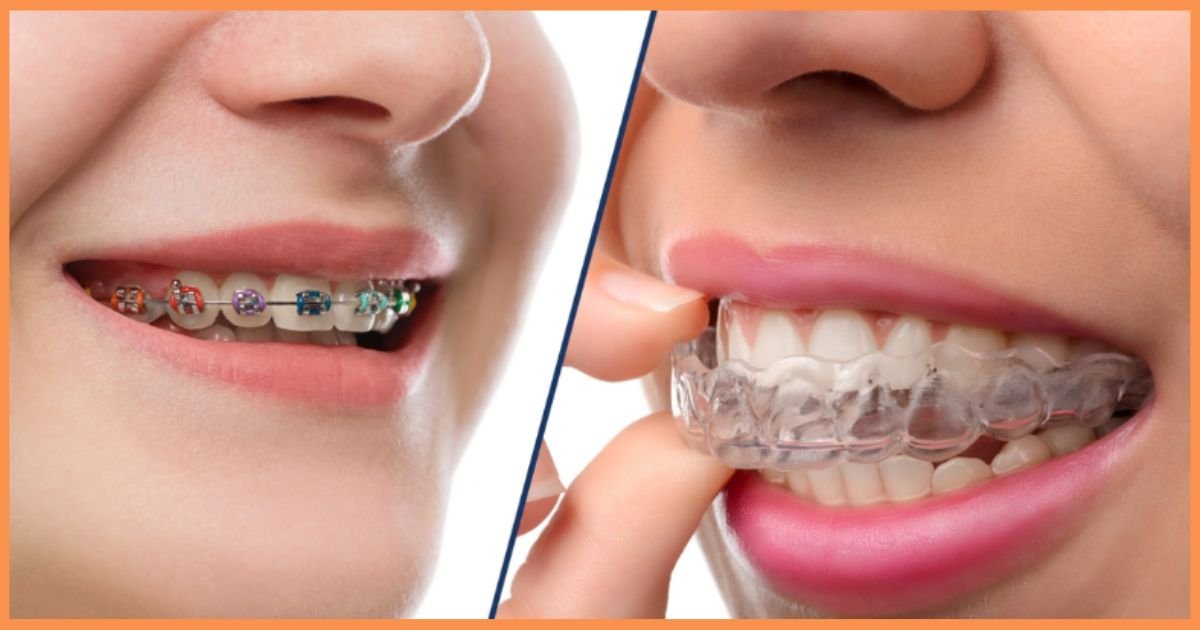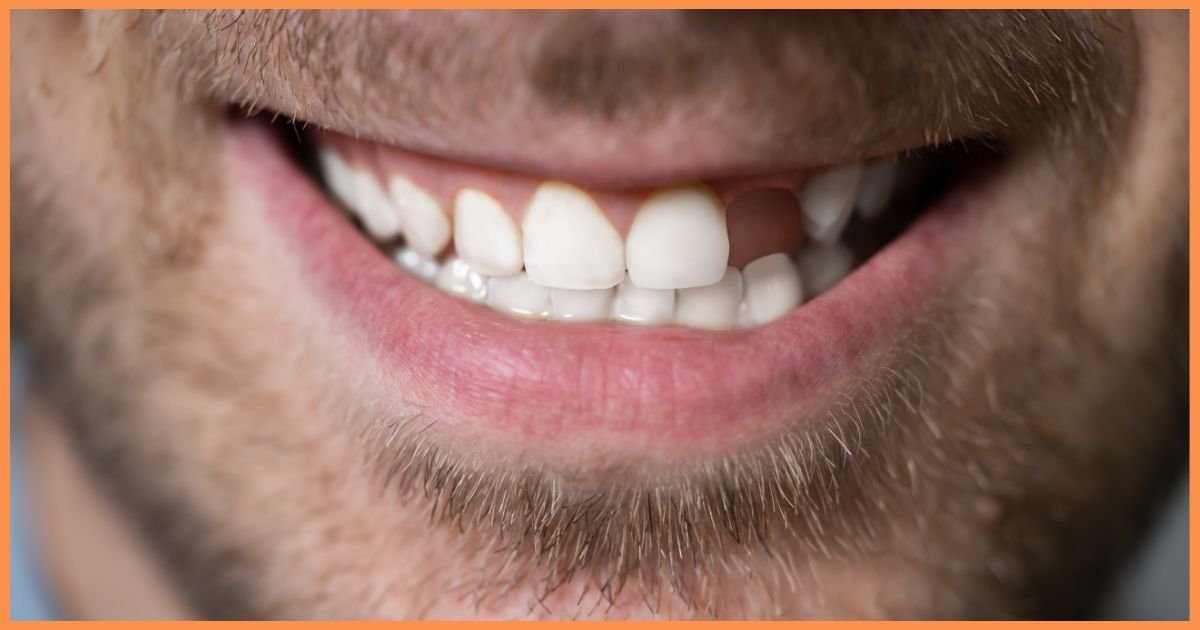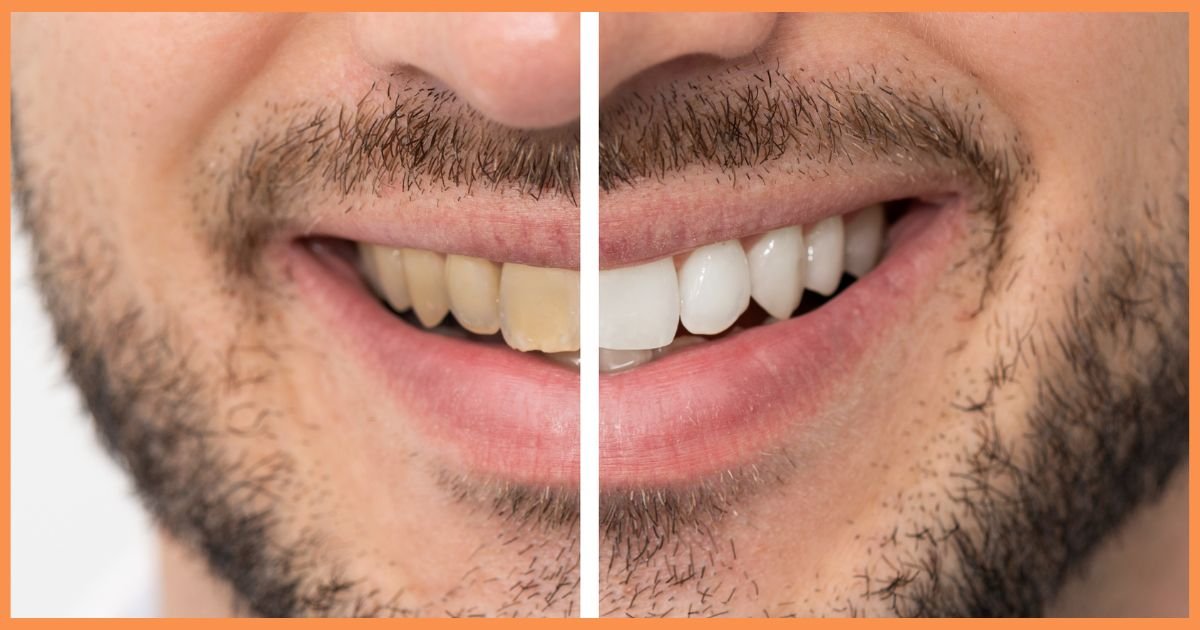Maintaining good oral health is not just about having a bright smile; it also plays a significant role in your overall well-being. This blog explores how oral health is connected to various aspects of your general health and why it’s essential to prioritize best dental care in gurgaon
Table of Contents
- Introduction
- The Link Between Oral Health and Overall Health
- 2.1 Cardiovascular Health
- 2.2 Diabetes Management
- 2.3 Respiratory Health
- 2.4 Mental Health
- Signs of Poor Oral Health
- Preventive Measures for Better Oral and Overall Health
- When to See a Dentist
- FAQs
- Conclusion
1. Introduction
Maintaining good oral health is essential for overall well-being, often underestimated. While many prioritize a bright smile and fresh breath, the condition of your mouth can significantly impact your entire body. Gum disease, tooth decay, and oral infections can contribute to or worsen systemic health problems. For instance, gum disease-related inflammation has been associated with heart disease, challenges in managing diabetes, and even respiratory issues.

Recognizing the relationship between oral health and overall health emphasizes the significance of regular dental care. Visiting a trusted dental clinic, such as Dr. Khullar’s practice, is not only about addressing immediate dental issues but also about safeguarding your general well-being. Routine check-ups and proper oral hygiene habits can help prevent severe health issues, improve the management of existing conditions, and elevate your quality of life. This article will delve into the importance of maintaining optimal oral health for overall well-being, emphasizing critical connections and providing practical guidance on incorporating oral health into your holistic health regimen.
2. The Link Between Oral Health and Overall Health
2.1 Cardiovascular Health
Research has shown that gum disease (periodontitis) can contribute to heart disease. Inflammation and bacteria from gum infections can enter the bloodstream and affect the heart. Keeping your gums healthy through regular dental check-ups and cleanings at the best dental clinic in Gurgaon can help reduce this risk.
2.2 Diabetes Management
There is a bidirectional relationship between diabetes and oral health. People with diabetes are more prone to gum disease, which can make it harder to control blood sugar levels. Conversely, gum disease can worsen diabetes. Regular visits to a dentist in Gurgaon can help manage these conditions effectively.
2.3 Respiratory Health
Poor oral health can lead to respiratory problems. Bacteria from the mouth can be inhaled into the lungs, leading to conditions like pneumonia and chronic obstructive pulmonary disease (COPD). Maintaining good oral hygiene can help prevent these respiratory issues.
2.4 Mental Health
Oral health can impact mental well-being. Dental care issues can cause pain and discomfort, leading to stress and anxiety. Additionally, poor oral health can affect self-esteem and social interactions. Addressing oral health concerns promptly can help improve overall mental health.

3. Signs of Poor Oral Health
Recognizing the signs of poor oral health is essential for early intervention and prevention of more serious issues. Here are some common indicators that you might need to pay attention to:
- Persistent Bad Breath: Chronic bad breath, also known as halitosis, can signal underlying issues such as gum disease, tooth decay, or infections. While occasional bad breath can be normal, persistent odors may require professional evaluation.
- Bleeding or Swollen Gums: Gums that bleed during brushing or flossing, or appear red and swollen, are common signs of gum disease (gingivitis or periodontitis). This condition, if untreated, can lead to tooth loss and other health complications.
- Tooth Sensitivity: If you experience discomfort or pain when consuming hot, cold, or sweet foods and beverages, it may indicate tooth sensitivity. This sensitivity could be due to enamel erosion, gum recession, or cavities.
- Pain When Chewing: Persistent pain while chewing can be a sign of various dental issues, such as cavities, cracked teeth, or problems with your jaw. It’s crucial to identify and address the cause of this discomfort.
- Loose or Shifting Teeth: Teeth that feel loose or shift position may be a sign of advanced gum disease or bone loss. This condition requires prompt attention to prevent further damage and tooth loss.
- Mouth Sores or Lesions: Sores, lesions, or ulcers in the mouth that do not heal within two weeks could be a sign of oral infections or more serious conditions, such as oral cancer.
- Changes in Tooth Color or Surface: Discoloration, dark spots, or changes in the texture of your teeth may indicate decay or other dental issues. Regular check-ups can help monitor and address these changes.
4. Preventive Measures for Better Oral and Overall Health
Maintaining good oral health is crucial not just for a bright smile but also for overall well-being. Implementing preventive measures can help you avoid dental issues and their potential impacts on your general health. Here are some key practices to keep your oral and overall health in check:
- Brush and Floss Regularly:
- Brushing: Brush your teeth at least twice a day using fluoride toothpaste. This helps remove plaque, a sticky film of bacteria that can lead to tooth decay and gum disease.
- Flossing: Floss daily to clean between your teeth and under the gumline, areas that a toothbrush cannot reach. Flossing helps prevent plaque buildup and gum disease.
- Regular Dental Check-Ups:
- Professional Cleanings: Visit the best dental clinic in Gurgaon, like Dr. Khullar’s dental clinic, every six months for professional cleanings. These cleanings remove plaque and tartar that accumulate despite regular brushing and flossing.
- Examinations: Regular dental exams can help detect issues early, including cavities, gum disease, and oral cancers. Early intervention can prevent more serious problems and preserve your oral health.
- Healthy Diet:
- Balanced Nutrition: Eat a diet rich in fruits, vegetables, and whole grains. Foods high in fiber can help keep your gums healthy and stimulate saliva production, which protects your teeth.
- Limit Sugars: Reduce your intake of sugary and acidic foods and beverages, which can contribute to tooth decay and erosion. Choose healthier snacks and drink plenty of water.
- Avoid Tobacco Products:
- Quit Smoking: Smoking and chewing tobacco can lead to gum disease, oral cancer, and other serious health issues. Quitting tobacco is beneficial for both your oral and overall health.
- Stay Hydrated:
- Drink Water: Drinking plenty of water helps rinse away food particles and bacteria from your mouth. It also keeps your mouth hydrated, which is important for maintaining healthy gums and teeth.
- Protect Your Teeth:
- Use Mouthguards: If you participate in contact sports or activities that pose a risk to your teeth, wear a mouthguard to protect against injuries.
- Avoid Grinding: If you grind your teeth, especially at night, consider using a night guard to prevent damage to your teeth and jaw.

5. When to See a Dentist
Regular dental visits are essential for maintaining oral health and preventing serious issues. However, there are specific situations when it’s crucial to see a dentist promptly. Knowing when to seek professional help can prevent minor problems from escalating into major concerns. Here are some key indicators that it’s time to schedule an appointment with a specialist dentist in Gurgaon:
- Persistent Toothache:
- If you experience ongoing tooth pain, whether it’s sharp, dull, or throbbing, it’s a sign that something may be wrong, such as tooth decay, an infection, or an abscess. Persistent pain should be evaluated by a dentist to identify the cause and receive appropriate treatment.
- Bleeding or Swollen Gums:
- Gums that bleed during brushing or flossing, or appear red and swollen, could indicate gum disease or other oral health issues. Early treatment can prevent gum disease from progressing and causing more severe health problems.
- Tooth Sensitivity:
- Increased sensitivity to hot, cold, or sweet foods and drinks can signal issues like enamel erosion, gum recession, or cavities. If this sensitivity persists, it’s important to consult a dentist to address the underlying cause.
- Pain or Difficulty When Chewing:
- Pain while chewing or discomfort in the jaw could be due to dental issues such as cavities, cracked teeth, or temporomandibular joint (TMJ) disorders. A dentist can help diagnose and treat these problems effectively.
- Loose or Shifting Teeth:
- Teeth that feel loose or are shifting position may be a sign of advanced gum disease or bone loss. This condition needs prompt attention to prevent further damage and potential tooth loss.
6. FAQs
Q1: How often should I visit the dentist?
A1: It’s recommended to visit your dentist every six months for regular check-ups and cleanings. However, if you have specific concerns or conditions, more frequent visits may be necessary.
Q2: Can poor oral health really affect my heart?
A2: Yes, gum disease can contribute to heart problems. Bacteria from infected gums can enter the bloodstream and potentially affect the heart.
Q3: How does diabetes impact oral health?
A3: Diabetes increases the risk of gum disease, and gum disease can make it harder to control blood sugar levels.
Q4: What should I do if I have signs of gum disease?
A4: If you notice signs of gum disease, such as bleeding or swollen gums, schedule an appointment with Dr. Khullar’s dental clinic for a comprehensive evaluation and treatment.
7. Conclusion
Oral health is a crucial aspect of overall health that often gets overlooked. By maintaining good oral hygiene, scheduling regular check-ups, and addressing any concerns promptly, you can protect both your oral and general health. For the best dental care, visit Dr. Khullar’s dental clinic in DLF PHASE 3, DLF PHASE 5 , Golf course road Gurgaon & in Sapphire 83 mall, Sector 82 New Gurgaon, where experienced professionals can provide comprehensive services to keep you smiling and healthy.
If you’re looking for a top-notch dentist in Gurgaon who can help you with all your oral health needs, don’t hesitate to contact Dr. Khullar’s dental clinic. Ensuring your oral health is a vital step in safeguarding your overall well-being.








